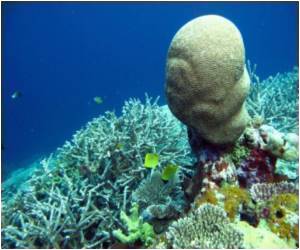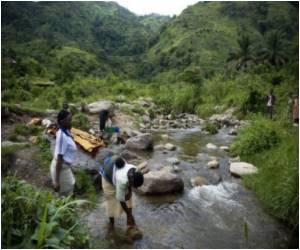Tribrachidium lived during a period of time called the Ediacaran, which is characterized by a variety of large and complex organisms.

TOP INSIGHT
Tribrachidium, which lived in the oceans some 555 million years ago, were capable of suspension feeding. This suggests that, contrary to our expectations, some of the first ecosystems were actually quite complex.
It was previously thought that these organisms formed simple ecosystems characterized by only a few feeding modes, but the new study suggests they were capable of more types of feeding than previously appreciated.
Simon Darroch from Vanderbilt University, US, said, "Our study has shown that Tribrachidium and perhaps other species were capable of suspension feeding. This demonstrates that, contrary to our expectations, some of the first ecosystems were actually quite complex."
Imran Rahman from University of Bristol, England, said, "The computer simulations we ran allowed us to test competing theories for feeding in Tribrachidium. This approach has great potential for improving our understanding of many extinct organisms."
Source-IANS
 MEDINDIA
MEDINDIA




 Email
Email




